TGS On Demand
We have made several videos available as a free trial to view our content. Check out these webinars and subscribe to gain full access to our On Demand Library. TGS On Demand is a free subscription library of webinars and presentations.
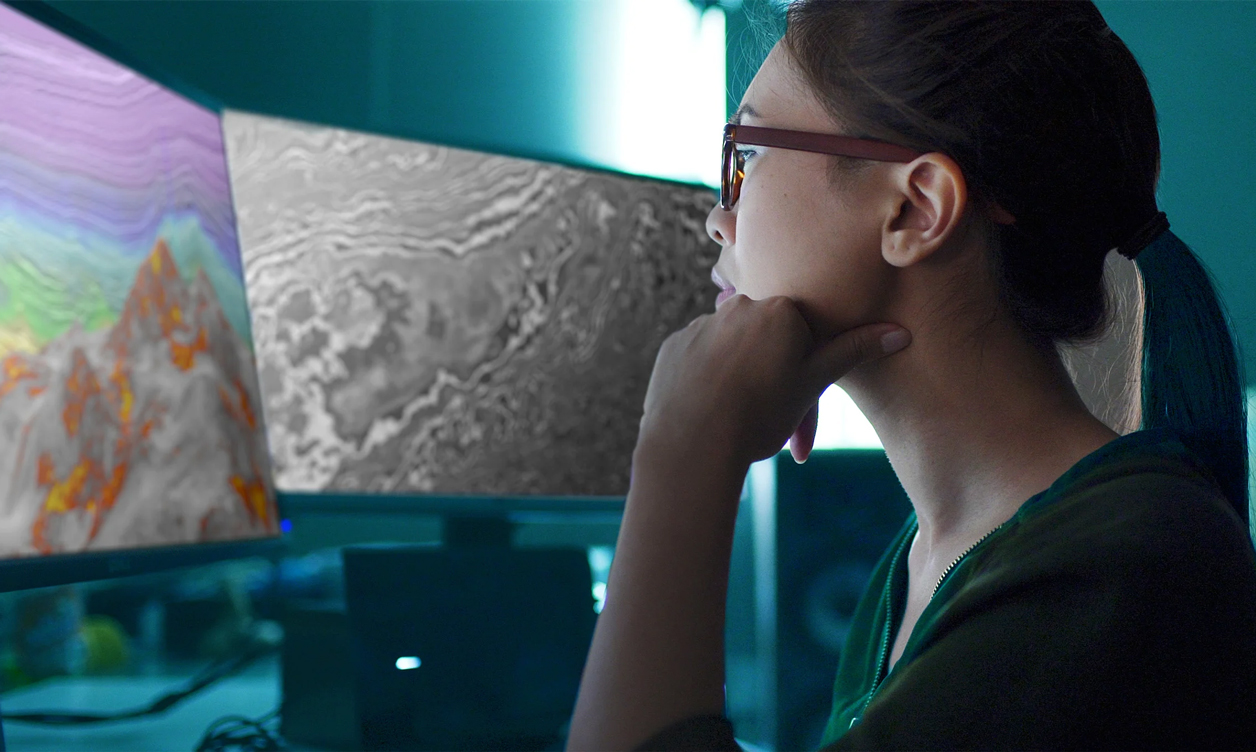
Welcome to TGS On Demand
TGS provides insights and innovation through technology and thought leadership. Subscribe to TGS On Demand to stay up-to-date from anywhere about subsurface technology trends, industry topics and more. Join our live events, view webinars and podcasts on demand and engage in the conversation.
Free Webinars
Subscribe to our New Energy daily e-newsletter designed to provide you breaking news within the wind, solar, geothermal and CCS industries.
For Subscribers Only
Subscribe to our New Energy daily e-newsletter designed to provide you breaking news within the wind, solar, geothermal and CCS industries.
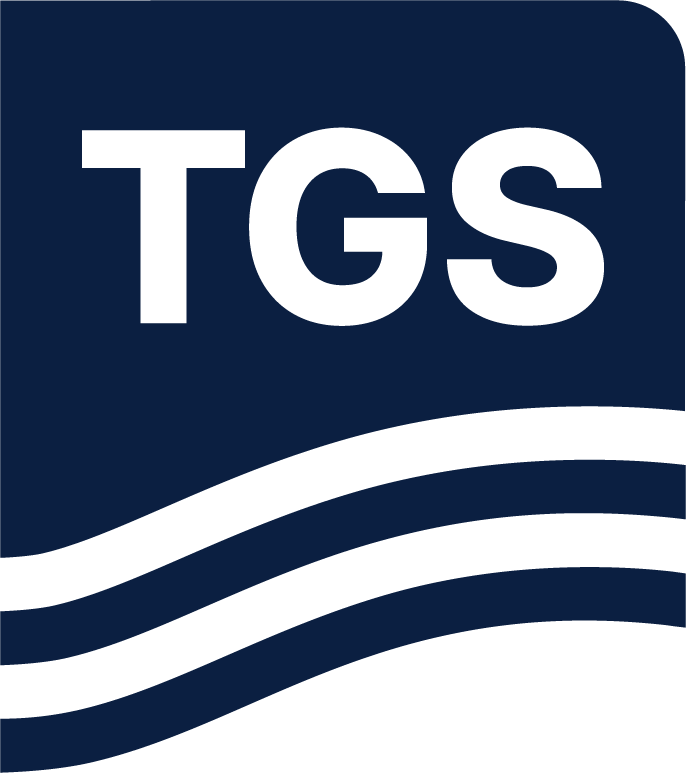



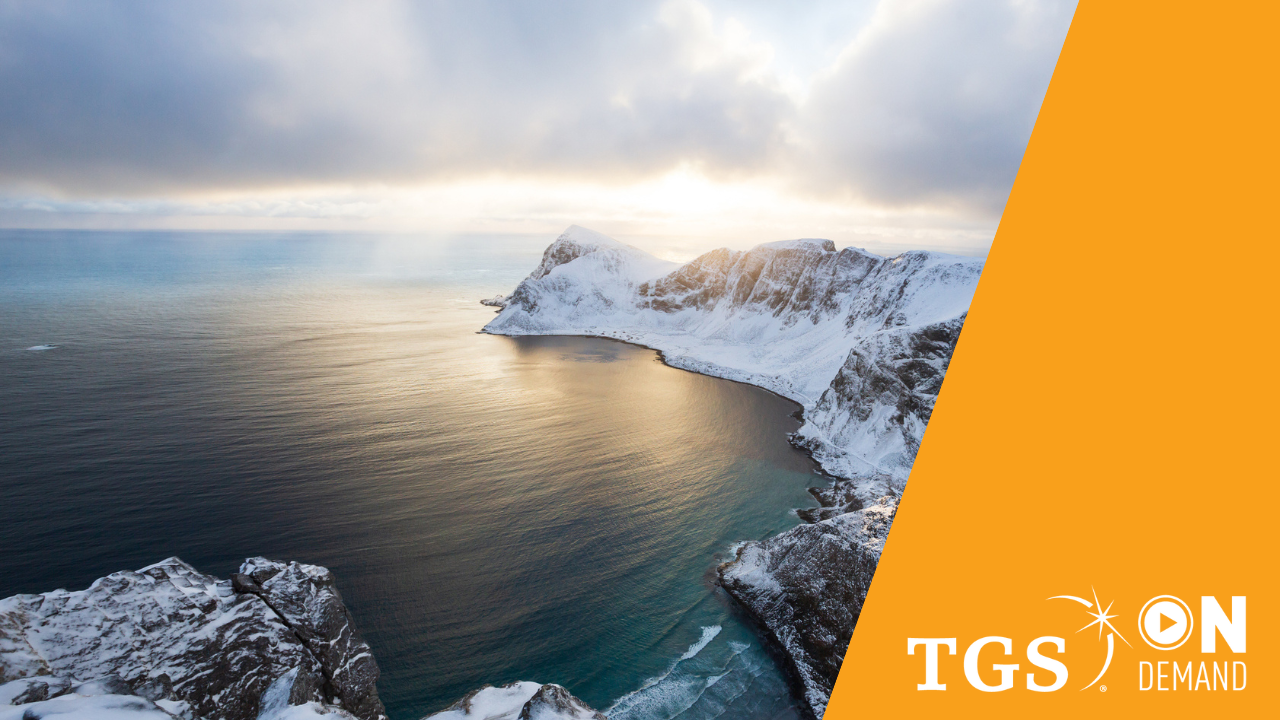
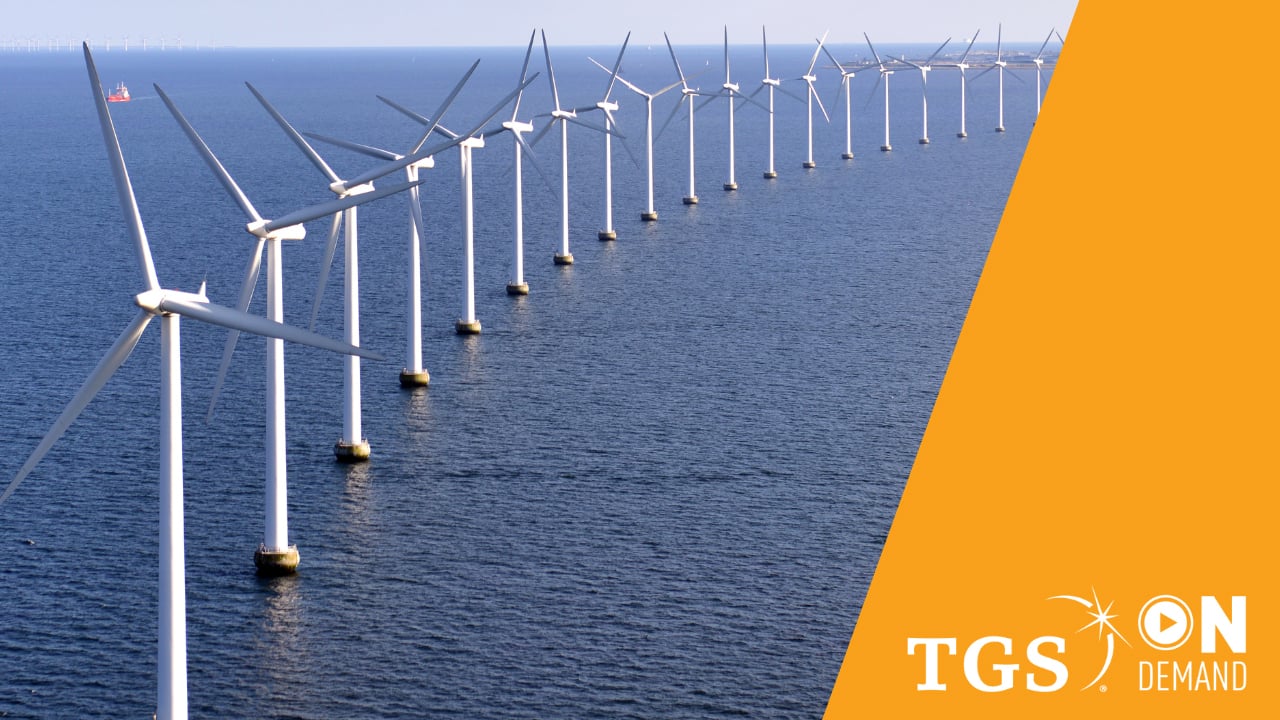
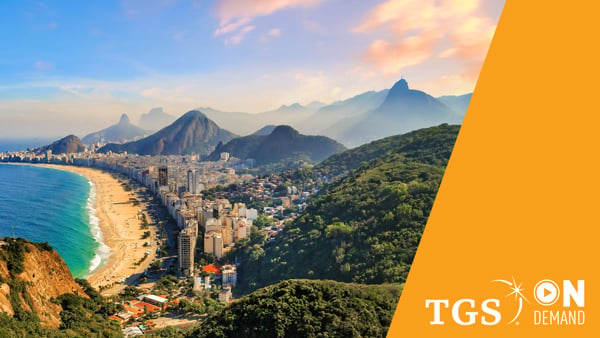
%20Trial%20Thumbanil.png?width=1280&height=720&name=Liberia%20%26%20Sierra%20Leone%20(coming%20soon)%20Trial%20Thumbanil.png)
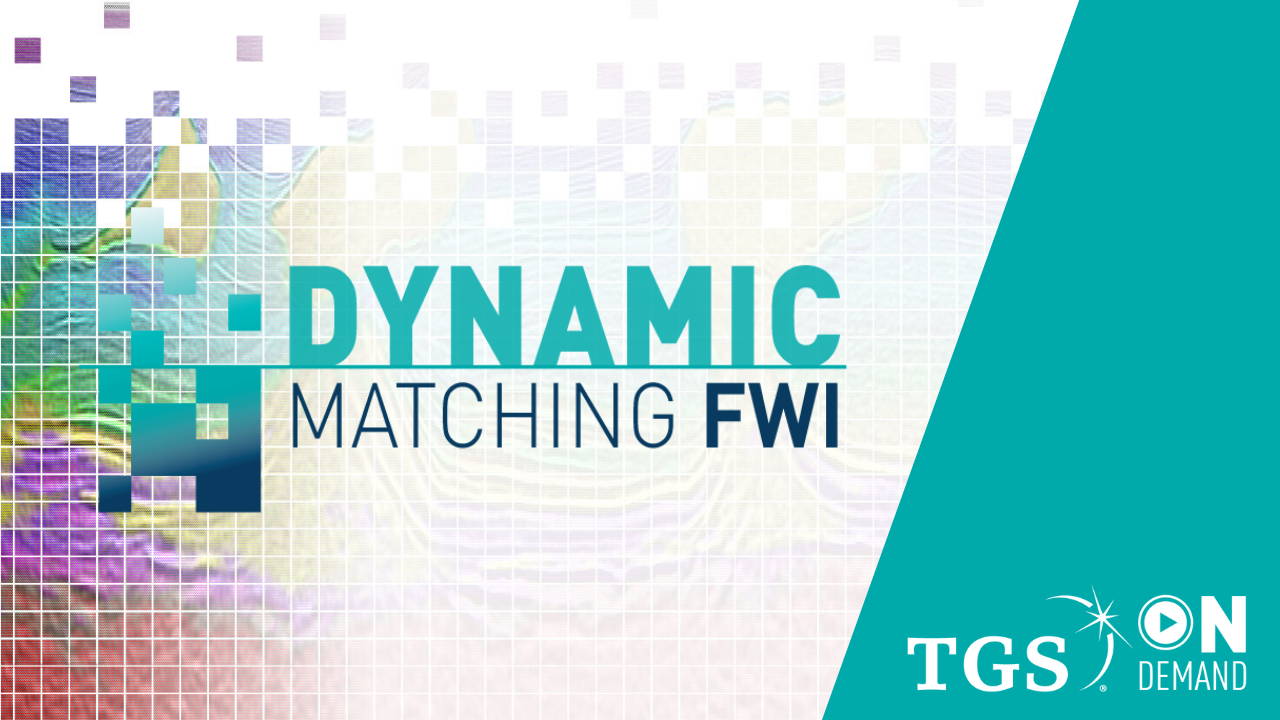
%20Content%20Thumbnail/New_JCubed.png?width=1280&height=720&name=New_JCubed.png)
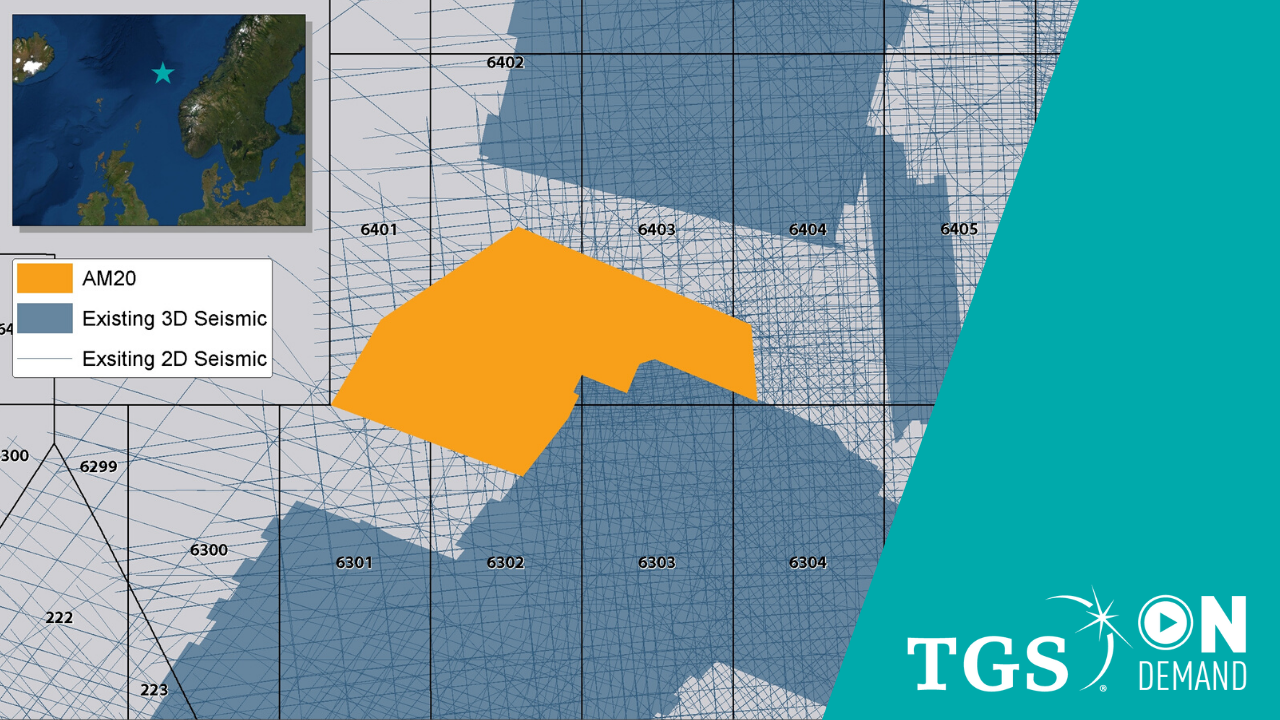
%20Content%20Thumbnail/NWE%20FMB%20Thumbnail.png?width=1280&height=720&name=NWE%20FMB%20Thumbnail.png)
%20Content%20Thumbnail/Basin%20Scale%20VM%20ARLAS.png?width=1280&height=720&name=Basin%20Scale%20VM%20ARLAS.png)
.png?width=1200&height=627&name=AWS%20case%20study%20(1).png)
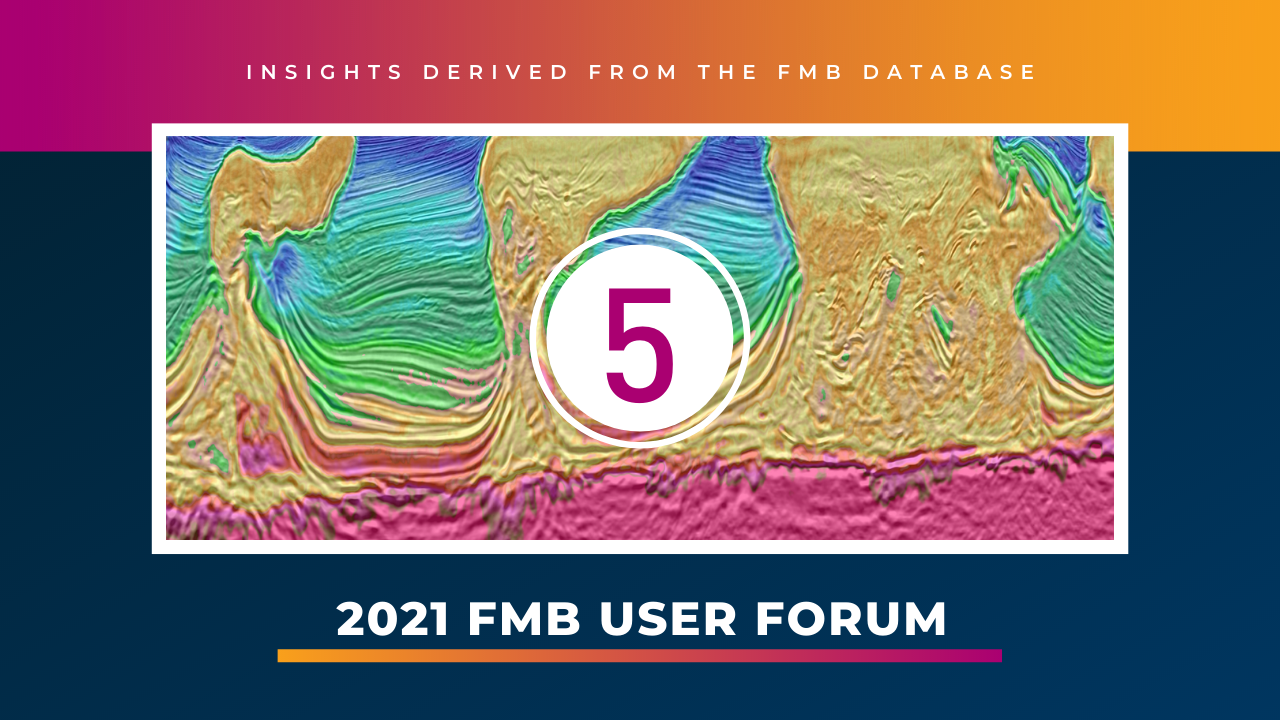
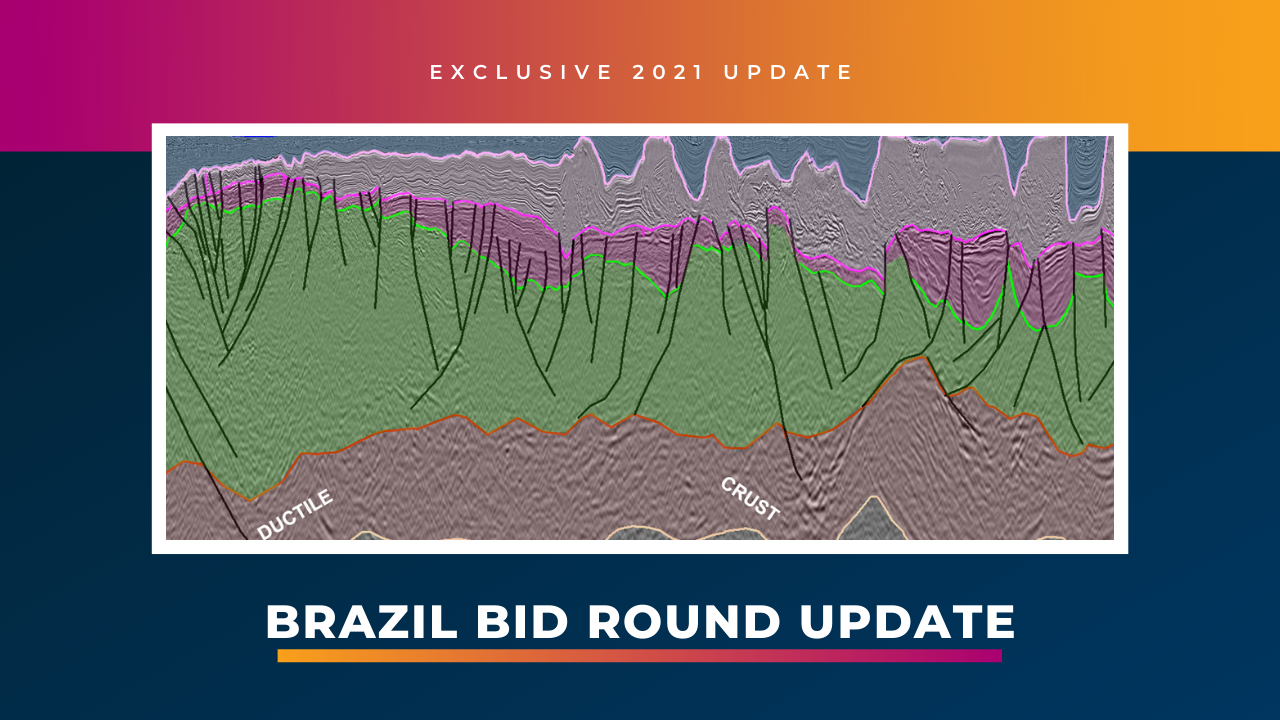
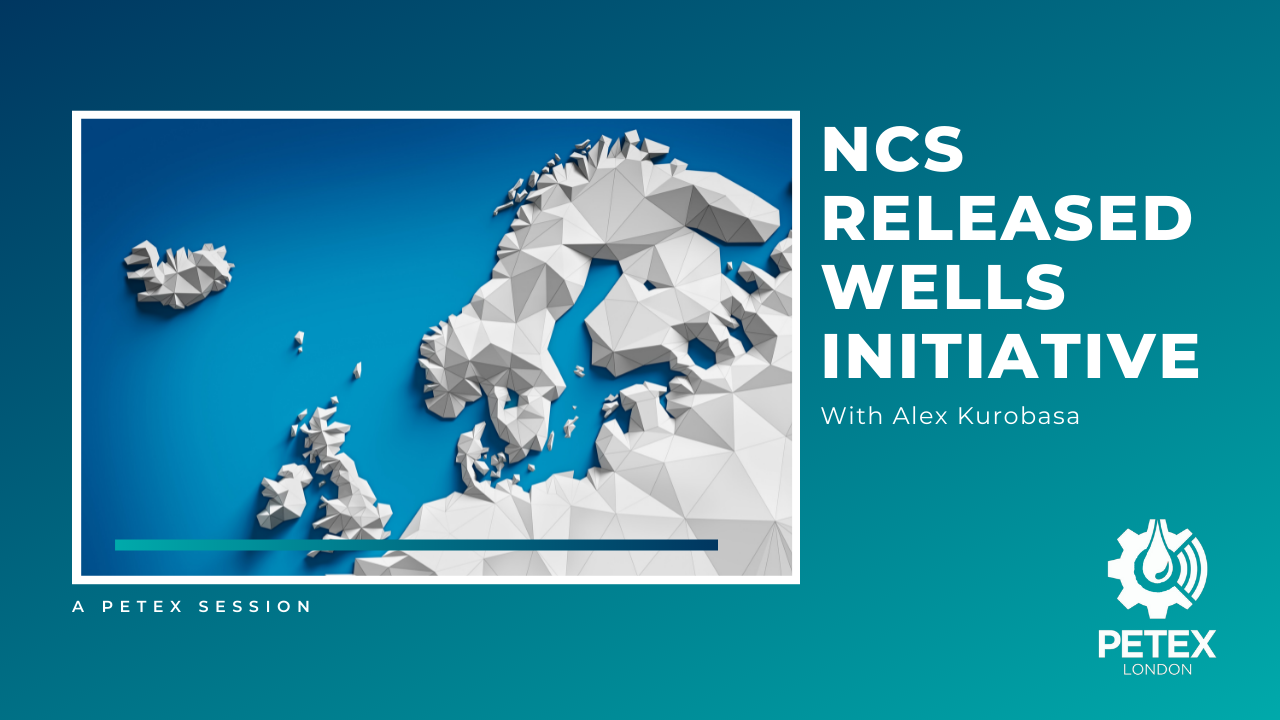
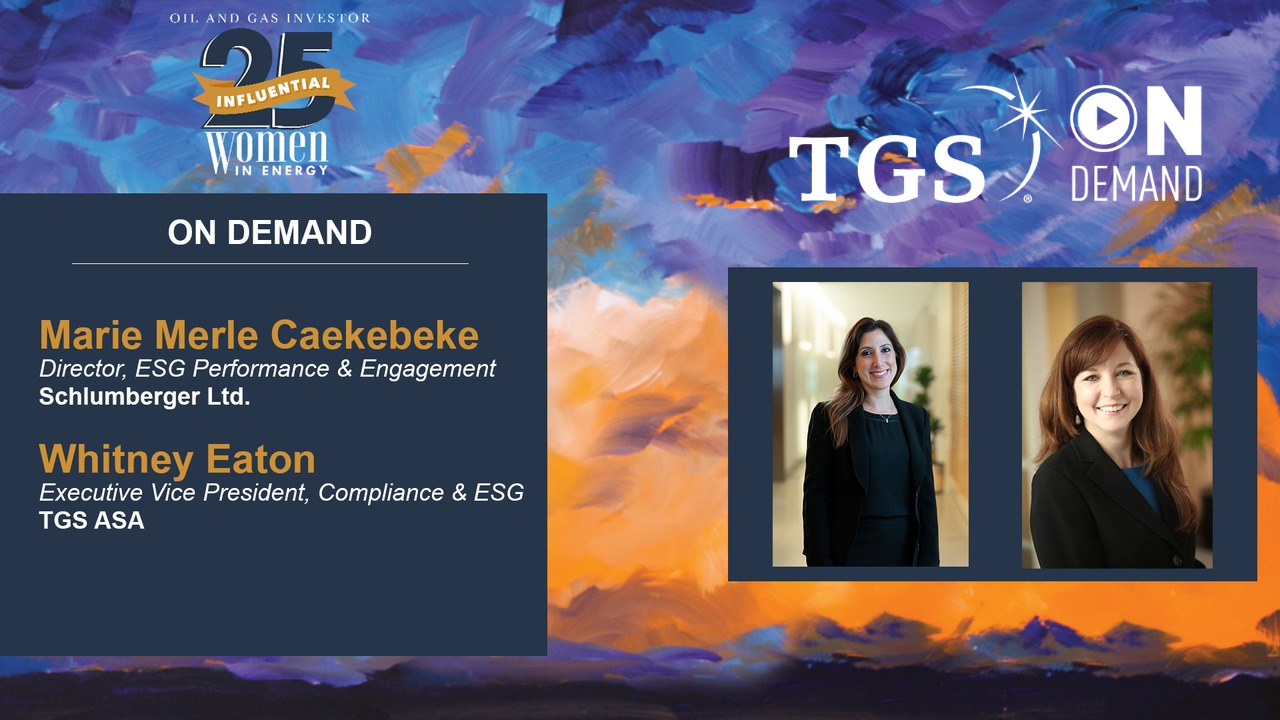
%20Content%20Thumbnail/New%20ORANGE_Amendment_Tech.png?width=1280&height=720&name=New%20ORANGE_Amendment_Tech.png)